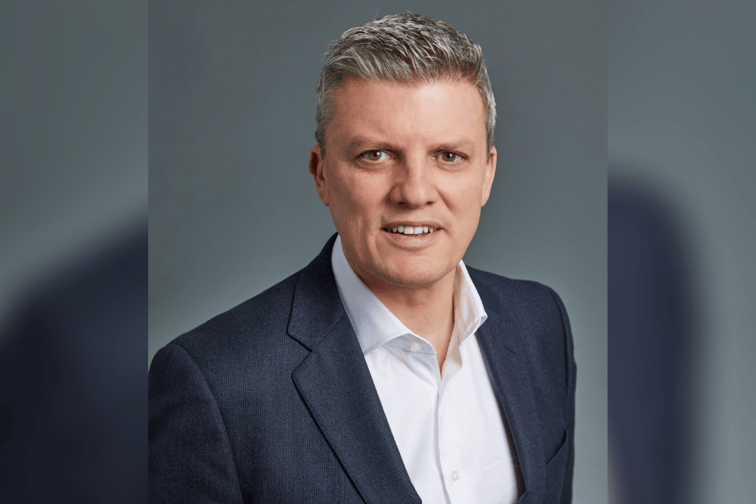

Taking the rough with the smooth is an attribute shared by all successful insurance businesses and one that the Ardonagh Group has showcased with aplomb over the last year. Discussing the full-year 2020 results posted by the group, CEO David Ross (pictured) paid tribute to Ardonagh’s 7,000-strong team for their adaptability and resilience throughout an “extraordinary year.”
Read more: Ardonagh publishes full-year financials
He noted that the previous 12 months had been something of a coming of age for the brokerage. The group had essentially managed to do three years worth of work in a single year, he said, transforming its operating structure, mobilising its workforce to work remotely and utilising its new capital structure to sprint along the M&A trail. And that’s to say nothing of the cyberattack Ardonagh faced or the energy it had poured into protecting its people’s wellbeing during the crisis.
Reflecting on the year that was, Ross highlighted the surprise, disappointment and frustration of the brokerage regarding the approach taken by the CMA towards the Ardonagh-Bennetts mega-merger. 2020, it seems, was the year that proved regulatory intervention is not necessarily always in the best interests of the consumer.
Looking to the FCA’s BI test case, Ross noted that to truly understand the background of the industry’s work around the COVID-related BI claims issue requires something of a history lesson about the traditional role of the regulator in preventing the industry from being brought into disrepute. When 9/11 occurred, Ardonagh’s chairman John Tiner was head of the then-FSA and quickly became aware of a pressing concern around documentation - how can you explain to a client whether they are covered when you haven’t issued a policy document that details their cover when two skyscrapers have just fallen to the ground?
Tiner sprang into action, Ross said, chairing a meeting with the chief executive of Lloyd’s and several senior industry figures, and guiding the industry down a path of efficient problem-solving rather than litigation. It is this approach that Ardonagh champions today.
“Rob Worrell, who runs our insurance broking business set up a ‘rainbow coalition’ of brokers, which we organise. We made an approach to Hiscox last year and said ‘this is the most complicated claim that we’ve ever seen and policies are either poorly drafted or they’re badly interpreted.’ No-one had ever been able to price up something like this, because nothing like this had ever happened before. So we said to Hiscox, ‘with your blessing, we would like to help you solve this by bringing all the brokers together and working directly with you.’”
Ross stated that he feels immensely sorry for Hiscox for the way the BI issue has been portrayed, noting that Hiscox’s CEO Bronek Masojada gave his entire executive team the mandate to engage with the coalition. On those weekly calls, he said, were representatives from all the major broking players in the UK, as the profession sought to re-create its response following 9/11. At no point did Hiscox ever say it would not pay out valid claims, instead it was keen to solve the incredibly complicated task at hand as quickly and efficiently as possible.
“And remember,” he said, “it’s the role of the broker to sit in front of a client and explain and justify [any decision]. I have to say that what I love about our industry is that we’ll compete against each other during the day but, when there’s a crisis, we’re capable of getting in a room and actually solving the problem.”
The coalition developed a framework with Hiscox and was ready to sit down in front of clients, Ross said, and then reach out to other carriers to ask if they would be interested in the solution, receiving warm responses. He highlighted that the sector was on the cusp of solving one of the most complicated claims scenarios that ever hit the insurance industry collaboratively and compassionately, showing the best the profession has to offer, with Hiscox at the heart of the solution. Then the claims were brought up in front of the court and this solution ended up evaporating, with the working group disbanding only a few weeks away from solving the problem.
“And then we got to watch the industry get an absolute battering through uninformed clickbait that was being said in the High Court and what do we end up with?” he said. “We ended up with exactly the solution we had on the table last summer that actually could have been rolled out and sorted by now… And I just think it was a really unfortunate missed opportunity. Because had we been given the opportunity to finish the project, it would have actually been one of the high points of last year rather than turning into a PR attack.”
When 9/11 happened, the insurance sector rebuilt buildings and put people’s lives back together, Ross said, and it did so without the help of governments. Insurance is the industry that puts lives back together when things go wrong and it is a bizarre twist of circumstances that has led to the sentiment that the industry is culpable for this humanitarian crisis, rather than the solution maker who had the solution taken out of its hands.
